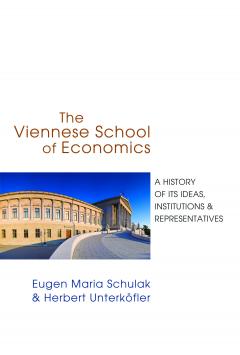
The Viennese School of Economics: A History of its Ideas, Proponents, and Institutions
The Viennese School, working on the assumption of the individual as the essential economic agent, and subsequently centering its research on individual preferences and on the intersubjective balancing of these preferences in the context of markets, consistently pointed out that institutions such as money, states and markets had emerged without any planning, central purpose or force, but simply on the basis of human interactions, in a way that befitted both humans and human logic and was therefore natural, as it were. Of course, this basic insight got in the way of all those political and economic ideologies, which viewed such institutions as operational areas for establishing or developing authoritarian activities and which aimed specifically at influencing or even controlling the emergence of individual preferences or the balancing out of these preferences between individuals.
In practice this meant that in Austria during the interwar period the Viennese School was attacked, sometimes ferociously, by political parties both of the right and the left, because it not only denied the legitimacy, but also the efficacy, of many economic policies. Furthermore, the School always considered itself a universal science in which there was no room for national, religious or class-oriented constrictions. In a way it even represented a sort of alternate world to many of this country’s idiosyncrasies: it focused exclusively on the individual and declared that individual action on the basis of subjective preferences was the starting point of research; it proceeded from a realistic image of humanity, which could not possibly lend itself to flights of idealistic fantasy and which for this reason alone did not lend itself to cheap political exploitation; it was free of magniloquent utopias, upheld the principles of selfdetermination and non-violence and was fundamentally critical of any state intervention occurring under a monopoly of the use of force. In addition, it emanated a highly scholarly ethos, which made possible the emergence of an uncommonly cosmopolitan and tolerant discourse.
Other Books From - Other Books
Other Books By - Eugen-Maria Schulak
Back

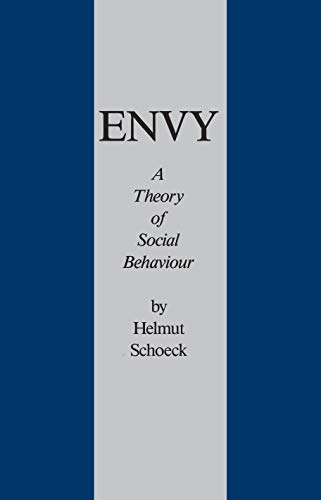 Envy: A Theory of Social Behaviour
Envy: A Theory of Social Behaviour 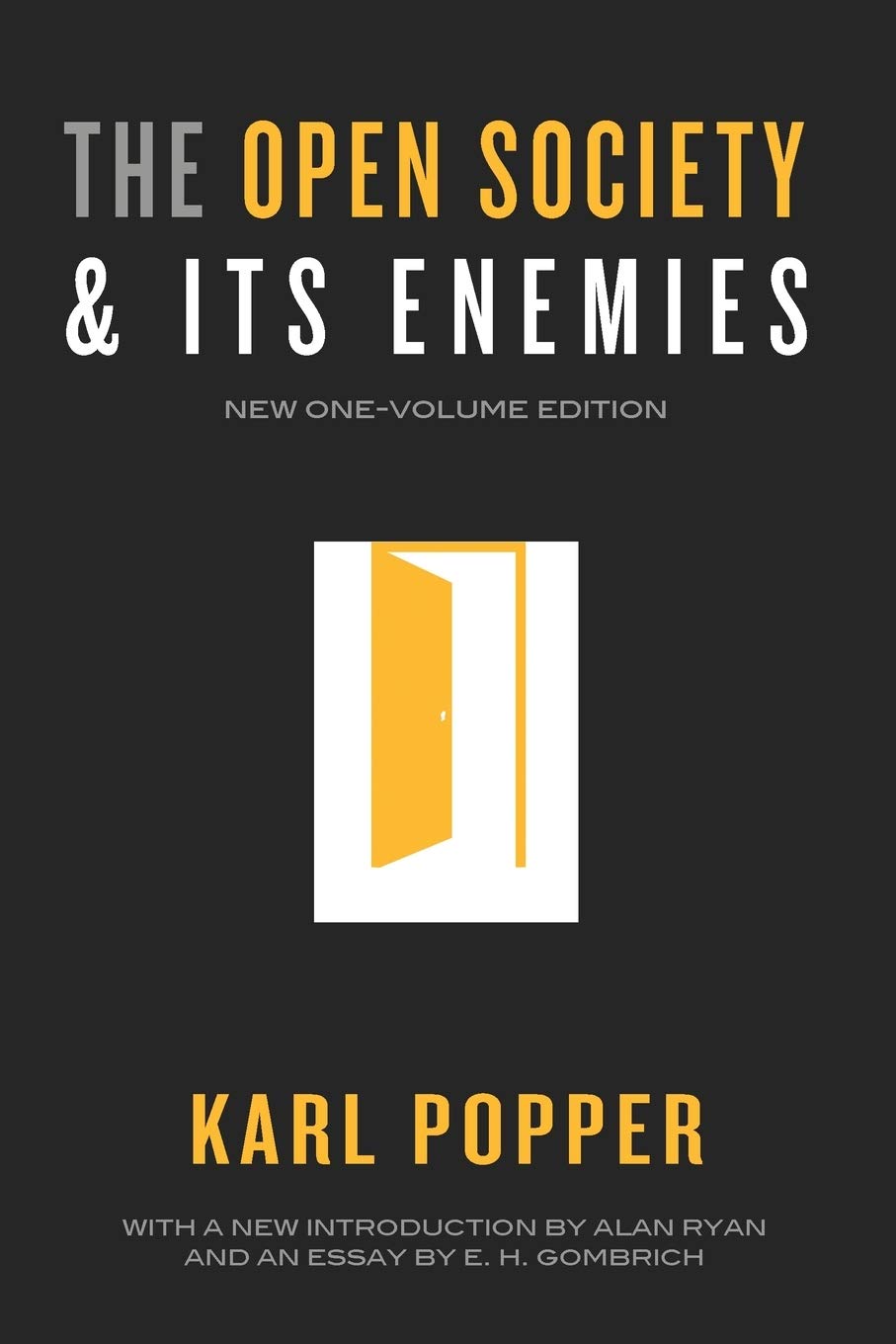 The Open Society and Its Enemies
The Open Society and Its Enemies 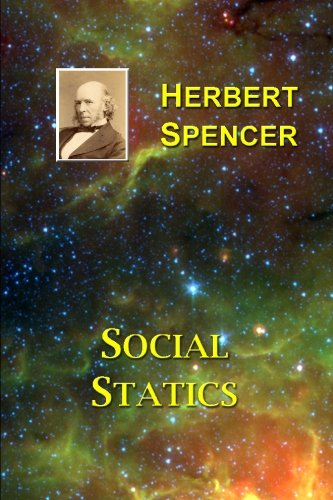 Social Statics
Social Statics 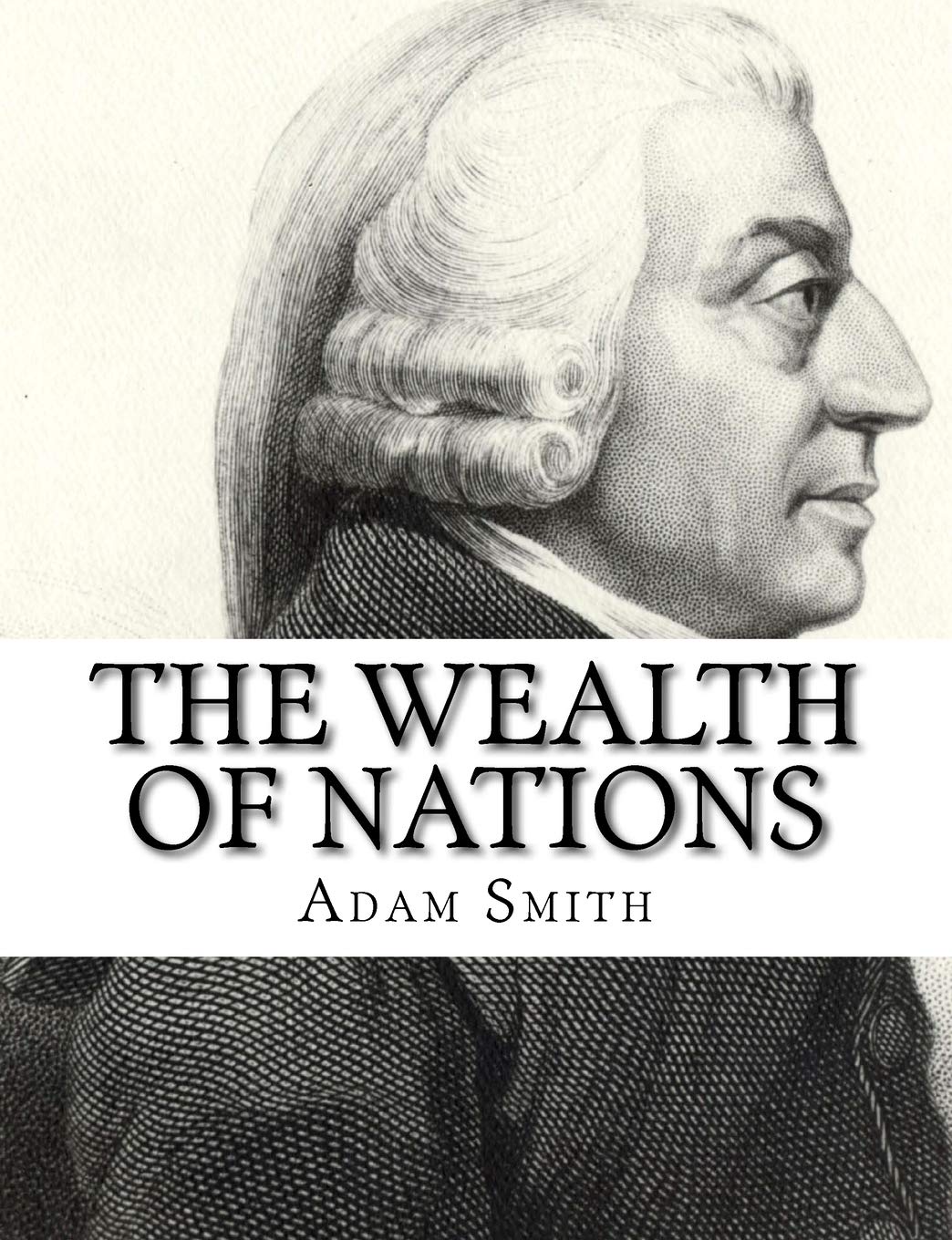 The Wealth of Nations
The Wealth of Nations 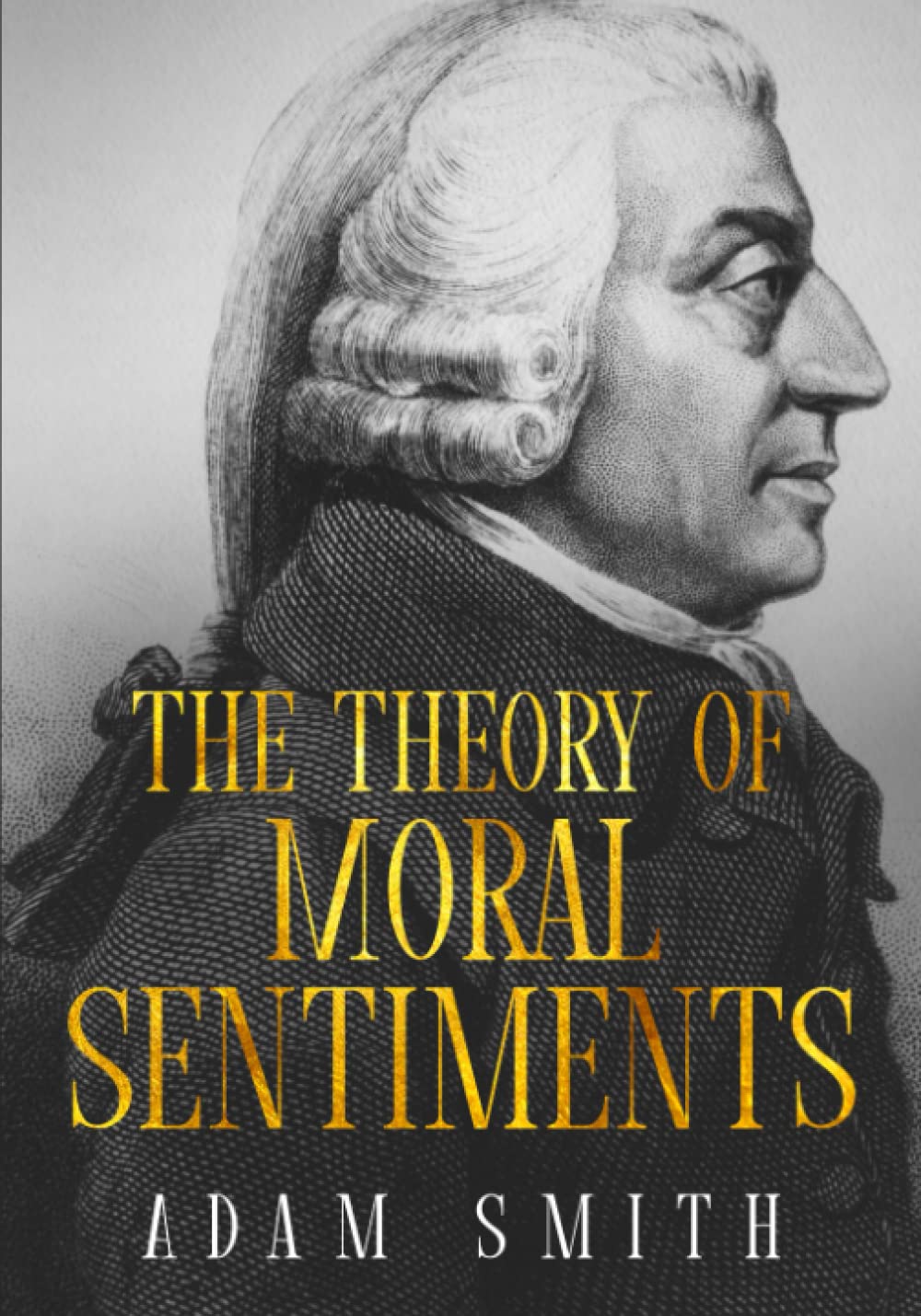 The Theory of Moral Sentiments
The Theory of Moral Sentiments  On Liberty
On Liberty 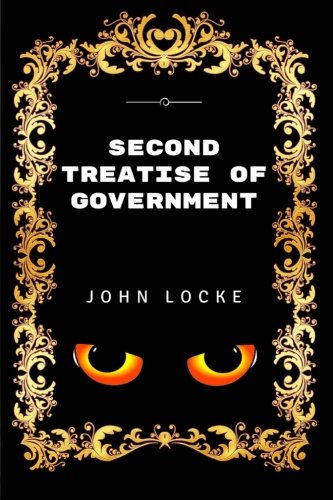 Second Treatise of Government
Second Treatise of Government 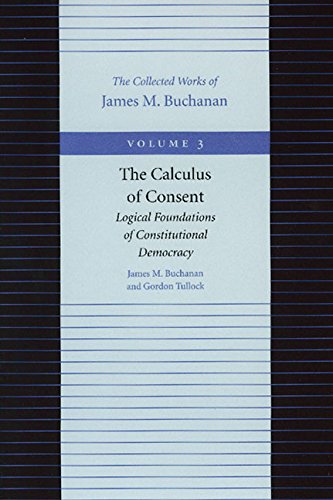 The Calculus of Consent
The Calculus of Consent 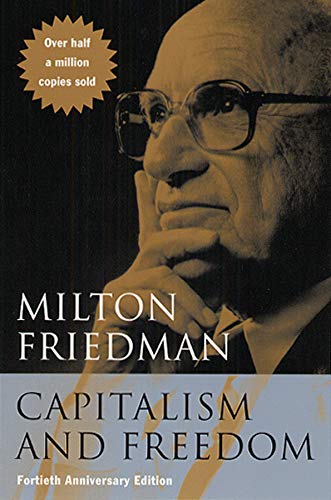 Capitalism and Freedom
Capitalism and Freedom 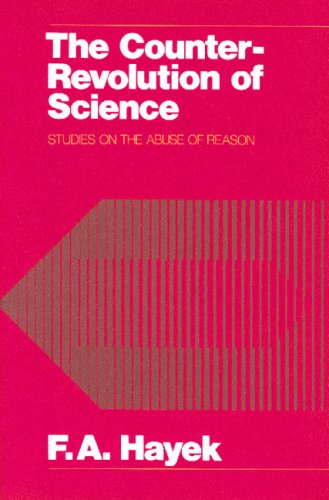 The Counter-Revolution of Science
The Counter-Revolution of Science  The Austrian School of Economics: A History of Its Ideas, Ambassadors, and Institutions
The Austrian School of Economics: A History of Its Ideas, Ambassadors, and Institutions